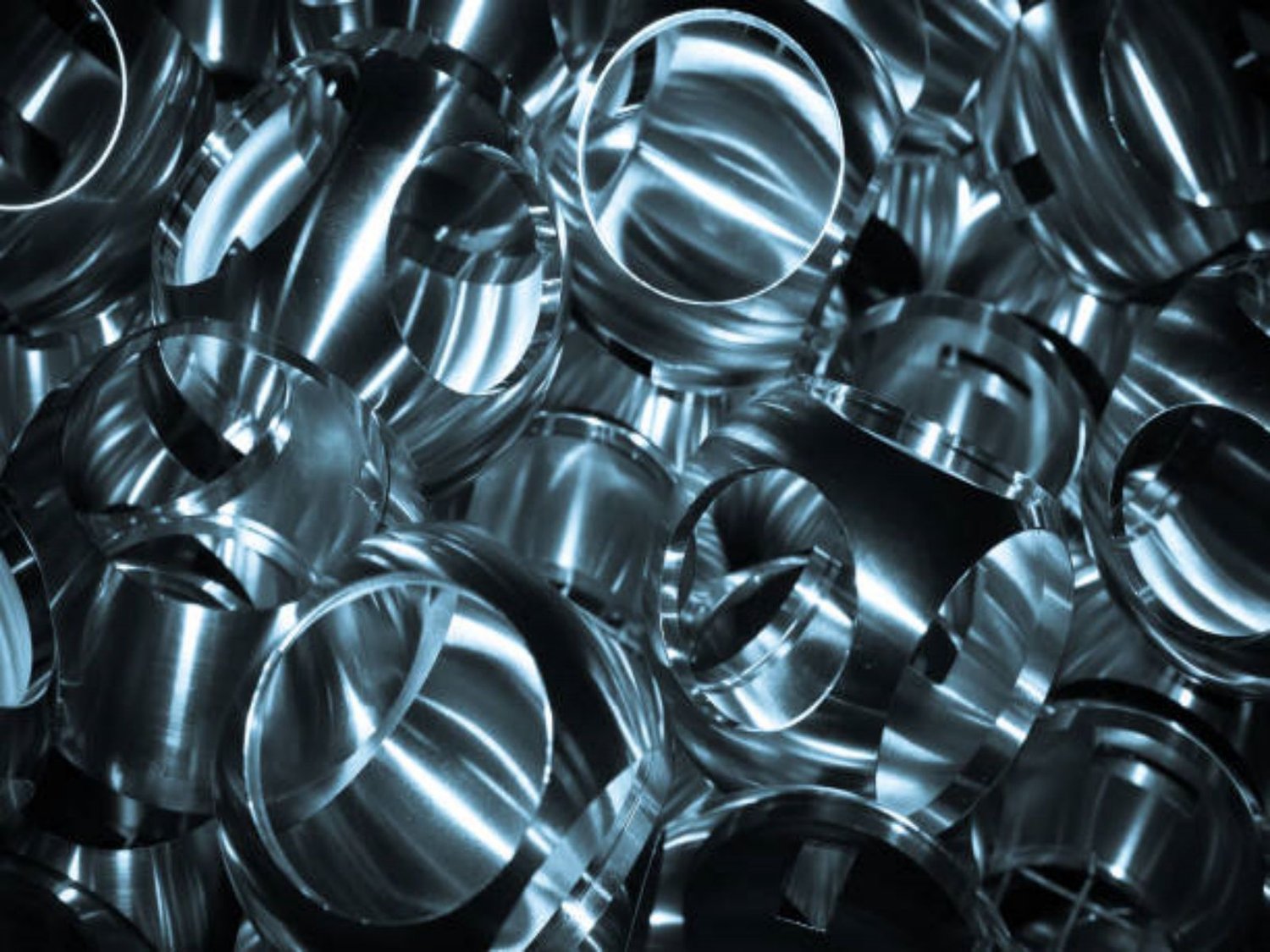Table of Contents

The Advantages of Titanium Alloy Products in Automotive Engineering
Introduction:
Titanium alloy products have become increasingly popular in automotive engineering due to their exceptional properties and numerous advantages. As car manufacturers strive to improve performance, fuel efficiency, and safety, titanium alloy products offer a range of benefits that make them an ideal choice. This article explores the advantages of titanium alloy products in automotive engineering, highlighting their impact on various aspects of vehicle design and performance.
1. Lightweight Construction
Titanium alloy products are renowned for their remarkable strength-to-weight ratio. With a density nearly half that of steel, titanium alloys offer the potential for significant weight reduction without sacrificing strength or structural integrity. In automotive engineering, this translates to improved fuel efficiency, reduced emissions, and enhanced overall performance. By utilizing titanium alloy components, car manufacturers can create lighter vehicles that require less energy to propel, resulting in better fuel economy and reduced environmental impact.
2. Enhanced Durability and Corrosion Resistance
Titanium alloys possess exceptional resistance to corrosion, even in harsh environments. This advantage is crucial in automotive engineering, where exposure to various weather conditions and road salts can lead to corrosion-related issues. By incorporating titanium alloy products in critical areas such as exhaust systems, chassis components, and fasteners, car manufacturers can significantly extend the lifespan of their vehicles while reducing maintenance and repair costs.
3. Improved Safety
Titanium alloy products offer enhanced safety features in automotive engineering. Due to their high strength and ability to absorb energy during impact, titanium alloys are commonly used in the production of roll cages, crash structures, and safety belts. These components provide superior protection to occupants by minimizing the impact forces during accidents, reducing the risk of severe injuries.
4. Heat Resistance
Another advantage of titanium alloy products in automotive engineering is their excellent heat resistance. Titanium alloys can withstand high temperatures without losing their mechanical properties, making them suitable for applications in engines, exhaust systems, and other heat-intensive components. By utilizing titanium alloys, car manufacturers can design more efficient engines that operate at higher temperatures, resulting in improved performance and reduced fuel consumption.
5. Design Flexibility
Titanium alloy products offer tremendous design flexibility in automotive engineering. They can be easily molded into complex shapes, allowing car manufacturers to create innovative and aerodynamic designs. Additionally, titanium alloys can be welded, formed, and machined to meet specific requirements, enabling the production of customized components with precise dimensions and tolerances.
6. Noise and Vibration Reduction
Titanium alloy products contribute to noise and vibration reduction in automotive engineering. The unique damping properties of titanium alloys help absorb and dissipate vibrations, resulting in a quieter and more comfortable driving experience. By incorporating titanium alloy components, car manufacturers can reduce noise levels inside the vehicle, enhancing overall comfort and minimizing driver fatigue.
7. Improved Performance and Efficiency
When it comes to performance and efficiency, titanium alloy products excel in automotive engineering. Their high strength allows car manufacturers to design lighter and more aerodynamic vehicles, leading to improved acceleration, handling, and overall performance. Additionally, the excellent fatigue resistance of titanium alloys ensures that the components can withstand repeated loading cycles without failure, further enhancing the longevity and reliability of the vehicle.
8. Environmental Sustainability
As the automotive industry aims to reduce its environmental footprint, titanium alloy products play a vital role in achieving sustainability goals. The lightweight nature of titanium alloys contributes to reduced fuel consumption and lower emissions, helping to mitigate the impacts of climate change. Furthermore, titanium is a highly abundant metal and can be easily recycled, making it an environmentally friendly choice for automotive engineering.
9. Cost-effectiveness in the Long Run
While titanium alloy products may have a higher initial cost compared to traditional materials, they can offer significant cost savings in the long run. Due to their exceptional durability and corrosion resistance, vehicles incorporating titanium alloy components require fewer repairs and replacements, resulting in reduced maintenance costs over the vehicle's lifespan. Moreover, the improved fuel efficiency and performance of titanium alloy-equipped vehicles lead to long-term savings on fuel expenses.
10. Future Potential
The advantages of titanium alloy products in automotive engineering are not limited to the present. Ongoing research and development in the field suggest that titanium alloys hold even greater potential for improving vehicle performance, safety, and sustainability. As new manufacturing techniques and alloy compositions are explored, titanium alloy products are expected to play an increasingly vital role in shaping the future of automotive engineering.
